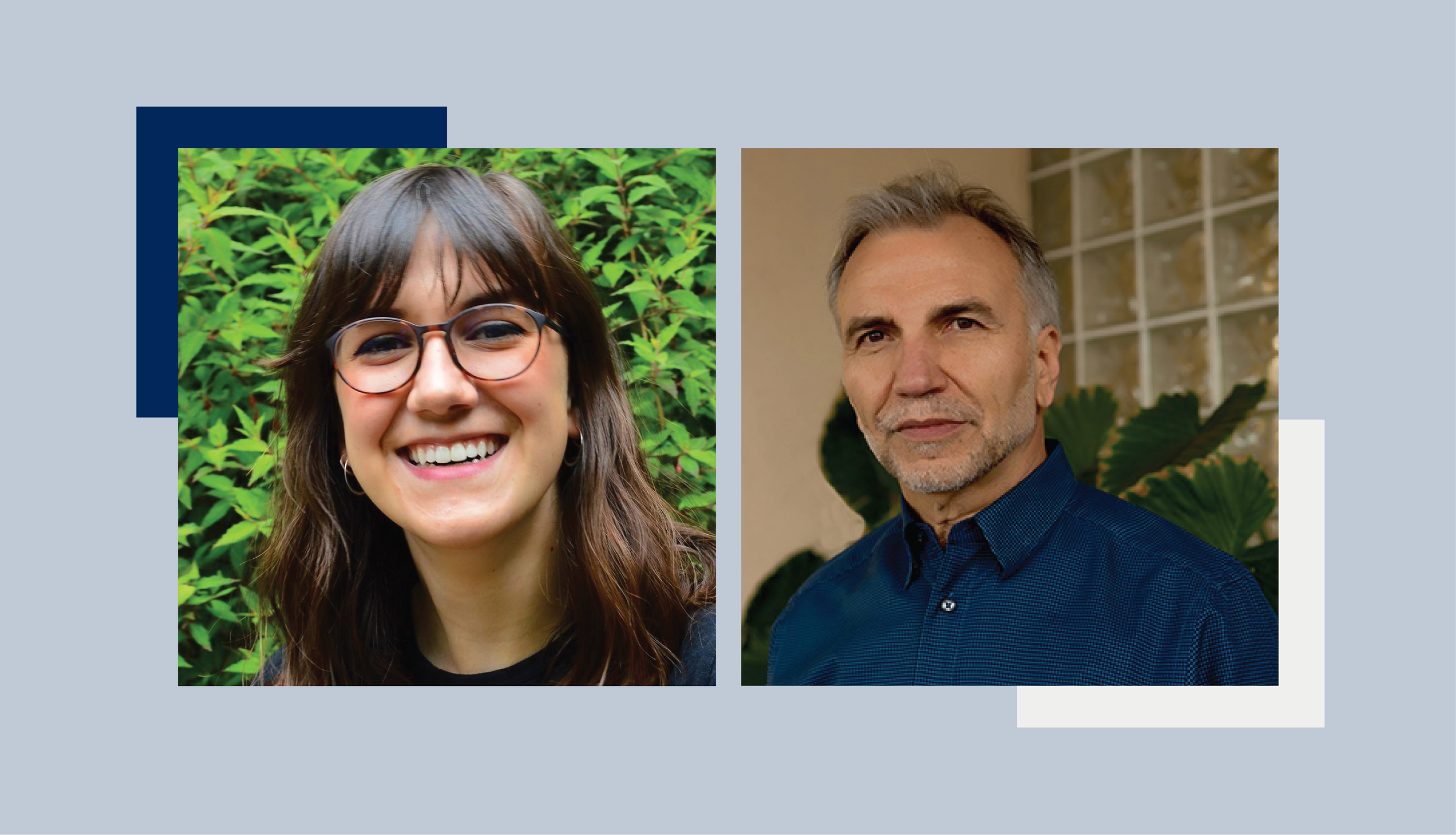In December’s Public Health+ webinar, OSB’s own Sophie Becker sat down with Sam Tsemberis, Ph.D., Founder and CEO of Pathways Housing First Institute and a Clinical Associate Professor at UCLA’s Department of Psychiatry and Biobehavioral Sciences to discuss homelessness and public health.
Recap
Like many other innovative people, Sam’s career trajectory was not linear. After receiving his undergraduate degree in literature and psychology, Sam spent a few years teaching students who were placed in special education. It was during that time that he had a realization about his students, and it was that they all had the “Same diagnosis, same issues, but their own relationships to what was going on was very very different depending on their own sense of how it defined them or didn’t define them.” This sparked his interest in better understanding how people coped with everyday life and so he returned to pursue his master’s and Ph.D. in psychology.
It was at this time in the 1980s that homelessness, as we know it today, first began to emerge. Sam saw it unfold firsthand during his internship at the Bellevue Psychiatric Hospital, where he started to see his former patients on the street. This double burden turned into an endless cycle for many as they were being admitted ーand sometimes forciblyー to receive mental health treatment, but then being discharged with nowhere to go. When directly asking patients on the streets what they needed, they simply said, “a place to live” which sparked Sam’s beginnings of the Housing First response.
“Why were we blind to that? Why were we blind to that simple and obvious truth? It’s because people who are homeless and poor do not control the narrative.”
Regardless of our ability, our status, or the “how” we define ourselves, we all have the fundamental need and right for stable housing. As well as the right to make our own choices and to have self-determination. This is the core belief of Housing First, the radical notion that housing is a right that should be given with the proper support to help lift people out of homelessness, rather than be given as a reward.
“The issue isn’t that we don’t know what to do, the issue is how do we explain this to the public so that there is a sense of urgency to advocate for something to get things done.”
Reflection
Dr. Tsemberis’s approach to the problem of homelessness is very simple, yet powerful. When looking at issues of housing, homelessness, and health, we often don’t go to the core issue. There are multiple lessons we can learn from his approach:
1. Center the voices of those we are trying to help
Despite being professionals who are trained to be subject matter experts, recognize that our personal and professional beliefs can sometimes get in the way. Dr. Tsemberis reminds us that the best solutions come from the people we are trying to help. Once we understand what the need is, we then use our training to make it happen.
“We thought we’d try this radical idea of ‘Why don’t we ask the person who’s homeless what they want’.... you gotta listen to the people you’re working with because they know really what is best for them.”
2. A need for consensus
Across the fields of public health, academia, social services, and government, there is a lack of consensus on how we can solve the issue of chronic homelessness ー despite efforts like Housing First which shows us that the answer is simple. When there are delays in agreement, solutions become stagnant, and crises intensify. However, when we do build consensus at every level, we see successful outcomes as we’ve seen with the reduction of veteran homelessness and chronic homelessness in Milwaukee county.
3. Commitment to tackle the problem and then scale it
As Dr. Tsemberis said, “It’s been incredibly frustrating to know we have a solution and we can’t muster the political will to bring it to scale.” In order to effectively solve homelessness, we need multi-sectoral and multi-system solutions. This means re-thinking how the criminal justice system, health care, mental health system, faith communities, businesses, and government at every level come together.
Sam asks in the webinar “What is our vision of our society?”
Writing by Emily Zheng, Public Health Innovation Analyst at Orange Sparkle Ball
Emily is a Master of Public Health student at Emory University's Rollins School of Public Health. She is part of the Behavioral, Social, Health Education Sciences department and is also pursuing a certificate in Social Determinants of Health.





